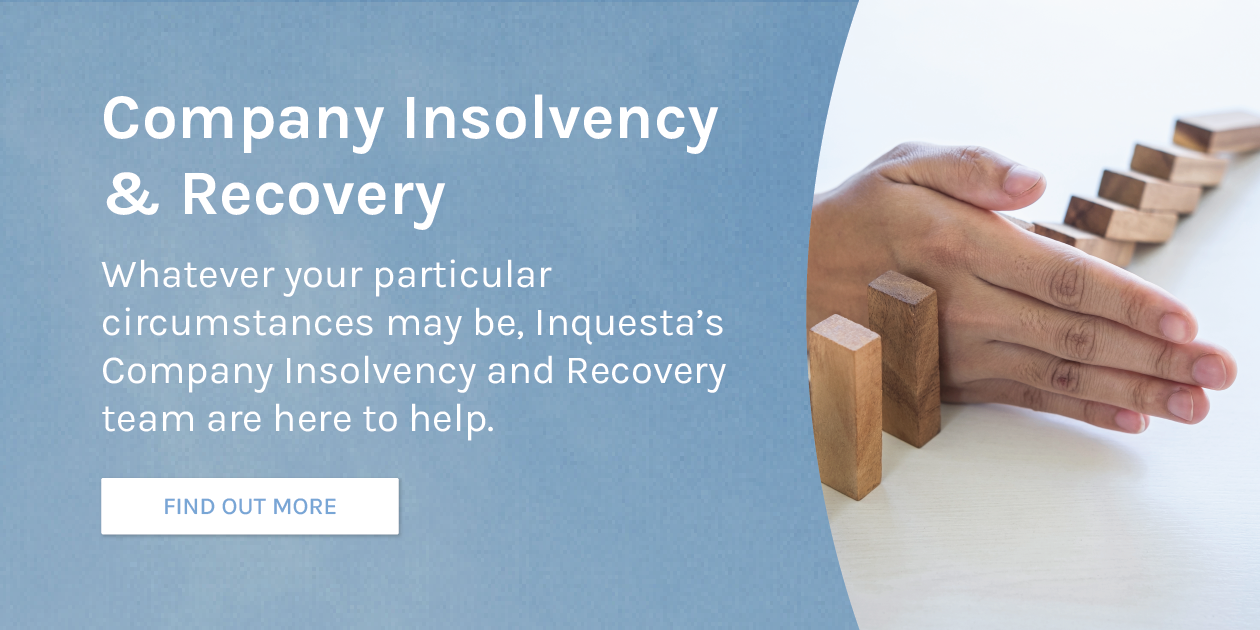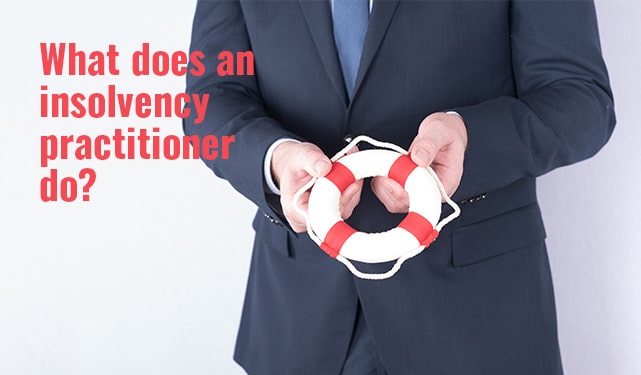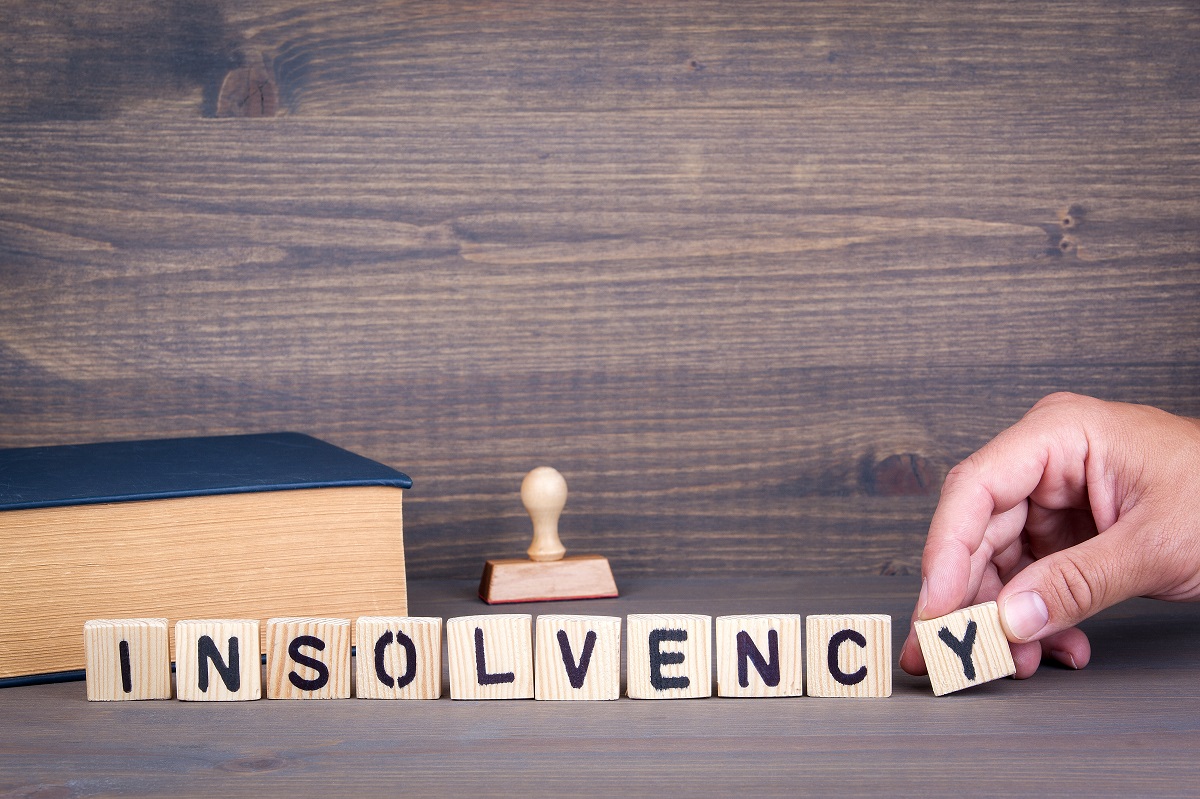Insolvency Practitioner for Beginners
Insolvency Practitioner for Beginners
Blog Article
The Basic Principles Of Insolvency Practitioner
Table of ContentsThe 2-Minute Rule for Insolvency PractitionerThe Ultimate Guide To Insolvency PractitionerThe Buzz on Insolvency PractitionerIndicators on Insolvency Practitioner You Should KnowThe 7-Second Trick For Insolvency Practitioner
Whether or not you require to use a bankruptcy practitioner (IP) to liquidate your firm depends on various aspects. While engaging an insolvency specialist for all types of liquidation is not a lawful demand, doing so can often enhance the procedure and make sure compliance with lawful needs. Liquidating a firm is a crucial choice that includes substantial consequences.
It is a procedure utilized when a business does not have any financial institutions, or every one of their lenders can be paid off in full with statutory rate of interest. Recognizing the different kinds of bankruptcy procedures can assist you establish the most effective strategy for your firm's liquidation or other official bankruptcy treatments itself.
This is required in order to stick to legal demands - Insolvency Practitioner. This is because IPs have the essential certifications and experience to make sure that the liquidation process is conducted based on all applicable regulations and laws. By engaging an accredited insolvency expert, you can have satisfaction recognizing that your company's liquidation procedure will certainly be handled expertly and in compliance with the pertinent lawful needs
Insolvency Practitioner Fundamentals Explained
The insolvency specialist is designated as a liquidator and is accountable for managing the company and liquidator's debts superior responsibilities and properties. This procedure includes liquidating the company's assets and distributing the earnings to lenders. Upon completion of the process, the business is eliminated from the register at Companies House.
Falling short to do so can cause individual responsibility for the business or supervisor for the lender's debts. Voluntary liquidation, that includes Creditors' Voluntary Liquidation (CVL) and Participants' Volunteer Liquidation (MVL), is started by the business's supervisors and investors when they can no more pay their financial obligations. In a CVL, the bankruptcy professional is marked as the liquidator, in charge of handling business financial obligations and all company properties.

Facts About Insolvency Practitioner Uncovered
By examining the proficiency and experience of possible insolvency practitioners, you can make sure that you select an expert who possesses the essential qualifications to manage your business's liquidation process efficiently. While insolvency practitioner-led liquidation is typically the most proper strategy for business facing bankruptcy, there are alternative methods to think about, such as striking off and partial liquidation.
It's important to examine all readily available choices prior to picking the following ideal solution or strategy for your organization. Striking why not try this out off firms' signs up is a much more straightforward and cost-efficient method to shut inactive or tiny business without any debts or assets. To strike off a firm, its name is eliminated from more helpful hints the Business Residence register by sending kind DS01.
Before deciding for striking off, it's crucial to weigh the benefits and disadvantages of this technique and take into consideration whether it's the right option for your service. Partial liquidation is one more choice to bankruptcy practitioner-led liquidation, wherein a company liquidates particular properties and liabilities while continuing to operate with the staying properties and responsibilities.
An Insolvency Professional will certainly have the ability to advise you of the most effective strategy to take and make sure that whatever runs efficiently. It is not feasible to sell off a company without a liquidator. Appointing an authorized bankruptcy expert is required for the process of volunteer liquidation to start.
8 Easy Facts About Insolvency Practitioner Explained
It is possible to shut and liquidate your firm without using a liquidator, given your company is solvent and you fulfill the eligibility demands to dissolve or liquidate it. If your company is bankrupt, you might be needed to use a liquidator and begin official insolvency procedures. Right here are some various other helpful short articles pertaining to company liquidation in the UK:.
Being in a position where you're unable to pay your firm's lenders is very difficult. In an attempt to prevent boosting the degree of financial debt, several firms attempt to negotiate straight with their financial institutions and consent to an informal arrangement. If the debt is fairly small and owed to one financial institution, and the lender is being cooperative, getting in right into an casual debt arrangement is most likely the very best remedy, instead than browsing the web try here for 'an insolvency practitioner near me'.
On the other hand, if there are numerous lenders and the level of financial debt is big, lenders might not be so prepared or participating. To avoid liquidation or personal bankruptcy, it is better to work with a bankruptcy professional to formulate official propositions and discuss with financial institutions on your part.
How Insolvency Practitioner can Save You Time, Stress, and Money.
Whilst it is a means to take care of financial obligation, there are substantial threats involved with this type of debt arrangement - Insolvency Practitioner. If a lender is eager to become part of an informal plan (IA) whereby the debtor has consented to make normal, if reduced, payments to pay off the debt, it is very important to stick to the agreement

The financial institution is within their legal rights to back out of the arrangement and petition the courts for your company to be liquidated at any time. A formal setup that has been proposed by a bankruptcy professional on your part, and agreed by a lender, provides a much safer alternative.
Report this page